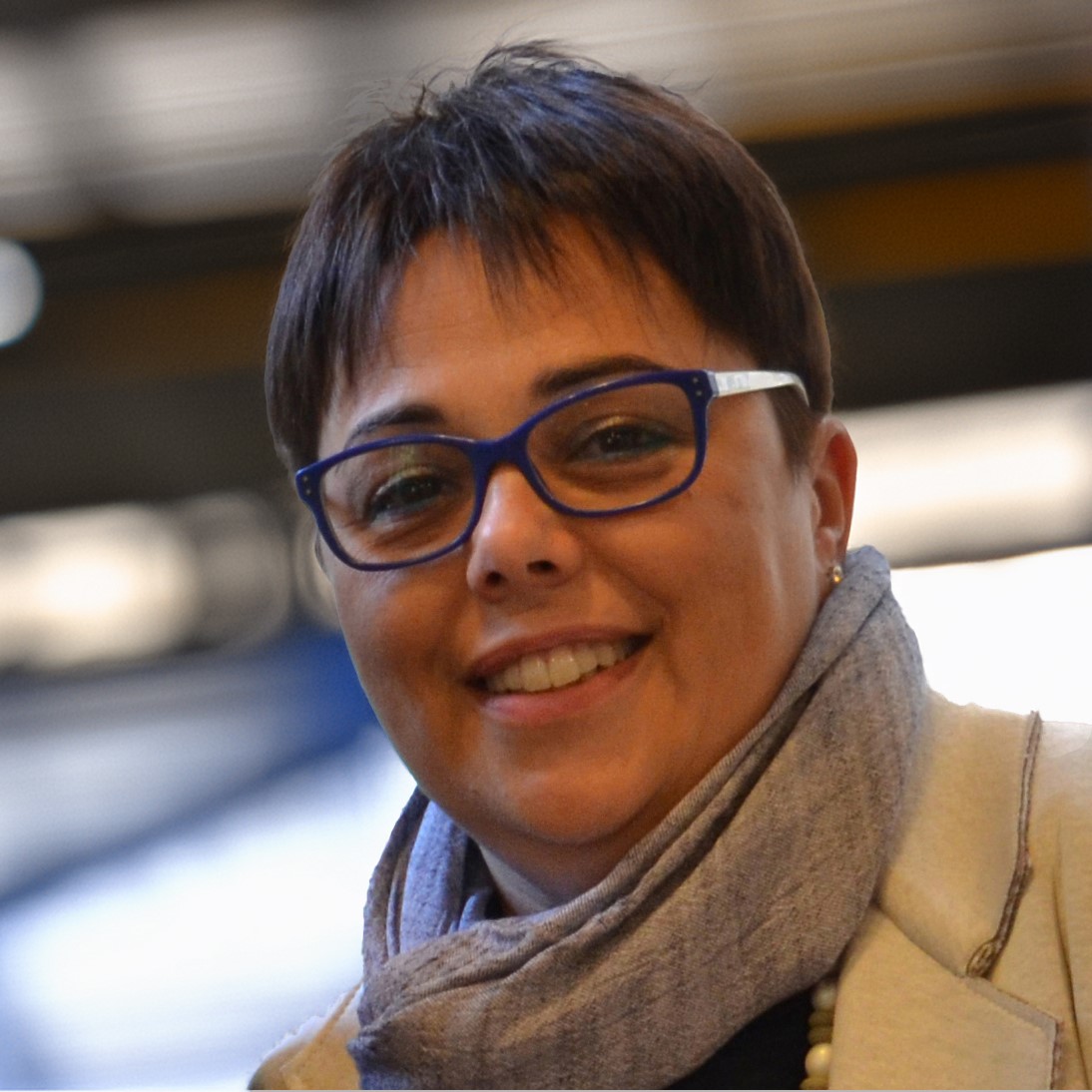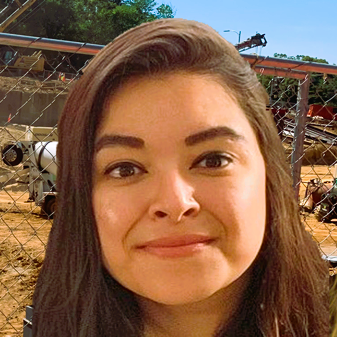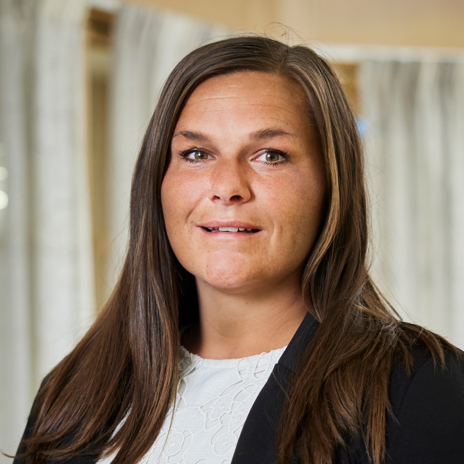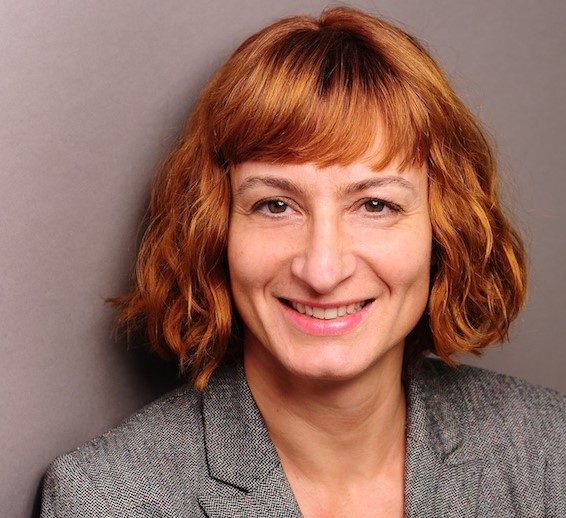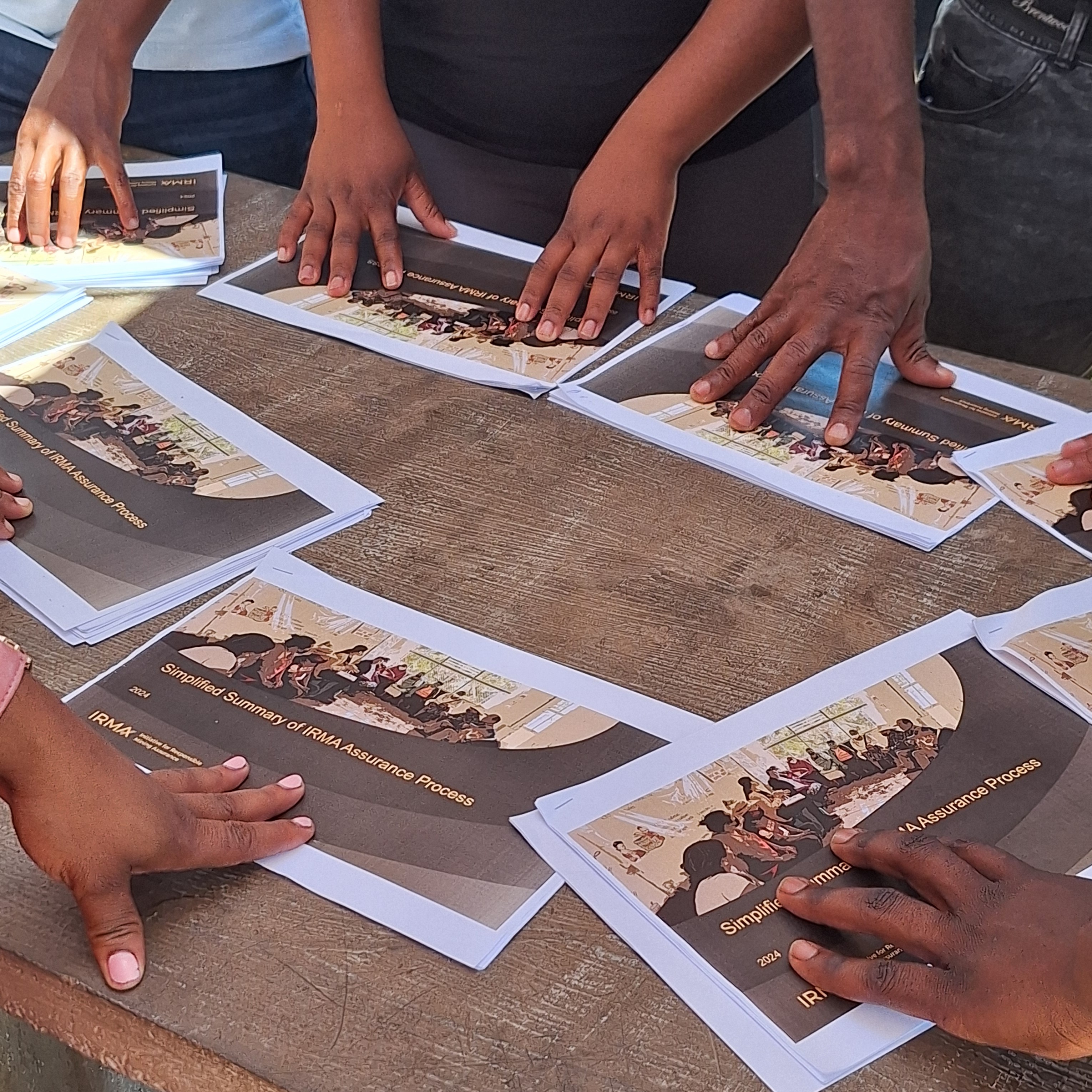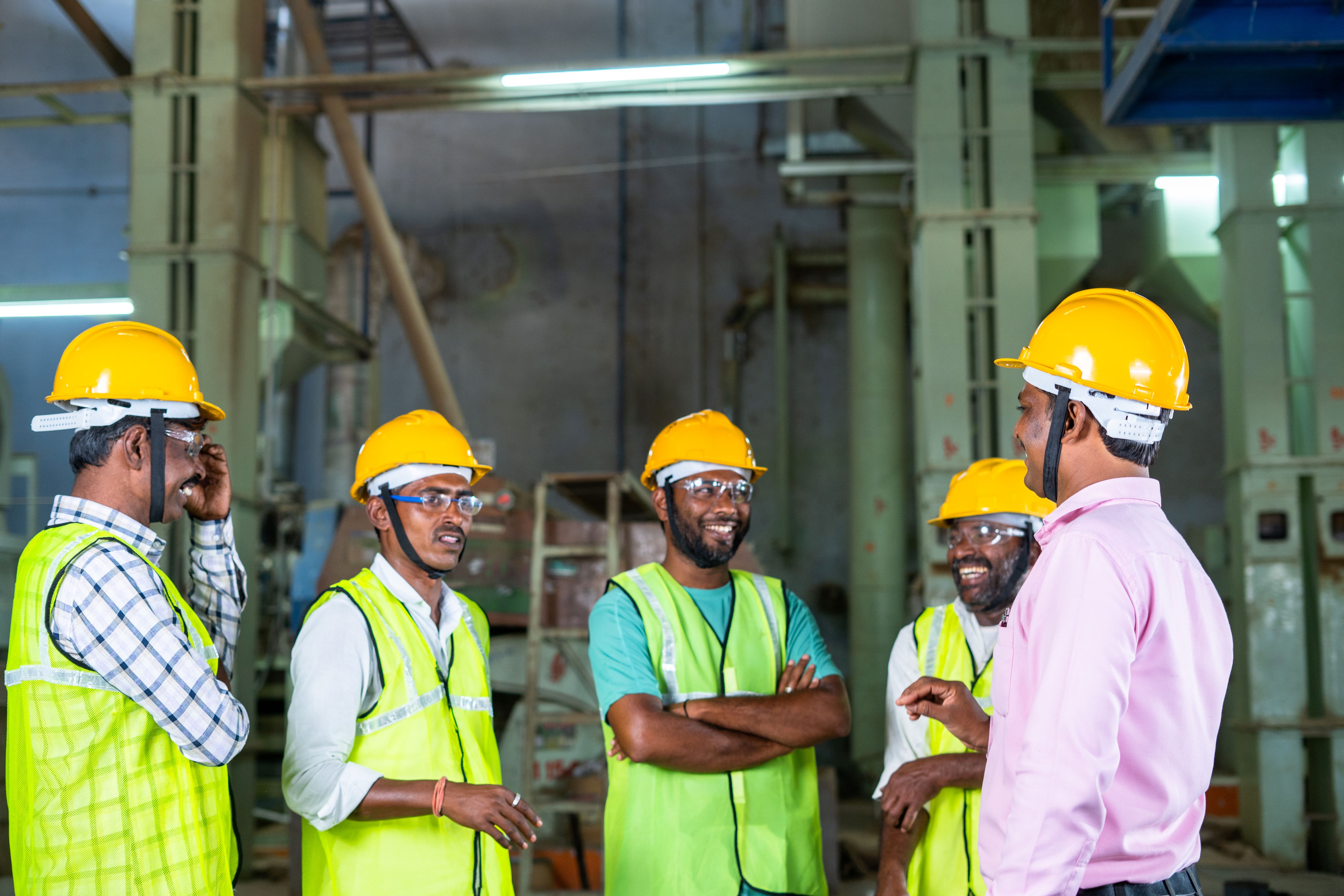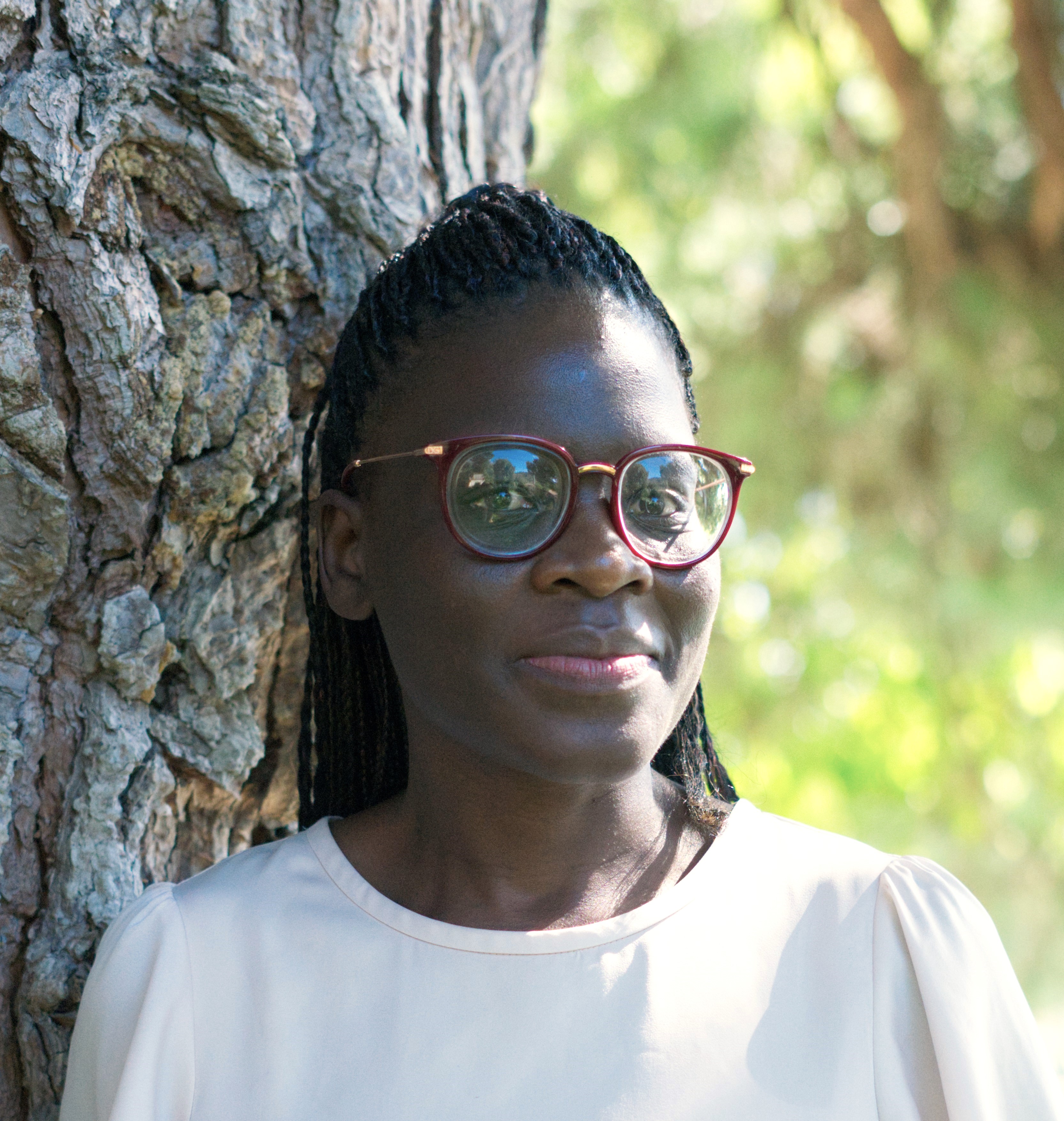

SIJ Group earns its first ResponsibleSteel site certification in Slovenia
SIJ Group (Slovenian Steel Group) has achieved ResponsibleSteel certification for its SIJ Acroni and SIJ Metal Ravne sites, placing Slovenia on the global map of responsible steel production.
SIJ is a leading producer of stainless steel and special steels in Europe and is one of Slovenia’s leading exporters. The certification covers two steel mills, both operating Electric Arc Furnaces (EAFs), as well as hot and cold rolling mills, and a forging shop.
“SIJ has long made efforts to be at the forefront of sustainable practice in the industry. SIJ’s first EAF opened in the 1960s, and today around 78% of its steel input is scrap. But sustainability must go beyond circularity, and beyond decarbonisation. Most recently as part of the certification audit process, SIJ has made real strides to meet ResponsibleSteel International Standard’s social and governance criteria, committing to strengthening and improving the protection of worker’s rights and health and safety systems,” said Annie Heaton, CEO, ResponsibleSteel.
SIJ is one of the largest employers in Slovenia and collectively, the newly certified sites employ over 2,600 workers. Since 2007, SIJ has invested over 800 million euros in new technology, aimed at streamlining processes, improving working conditions, and mitigating environmental impacts. The company has set a target of reducing emissions by 51% by 2030 against a 2020 baseline and aims to be carbon neutral by 2050 in line with the Paris Agreement. The group has also set targets in the field of occupational health and safety. By 2026, SIJ aims to have six sites operating in accordance with ISO 45001 for occupational health and safety.
Andrey Zubitskiy, President of the Management Board for SIJ commented, “Obtaining ResponsibleSteel certification represents a new sustainability milestone in the history of SIJ Group, following our transition to steel production based on circular economy principles four decades ago. We are now part of a select group of steelmaking companies worldwide that are setting standards for sustainable practices in our industry. It reflects our commitment to our employees, the community and the environment in which we operate.”

He continued, “Steel is the most widely used material in the world. With our products, we are a reliable partner for automotive, mechanical engineering, infrastructure, construction, power generation and other industries that require the assurance that the materials they use have been obtained through sourcing and production processes based on responsible practice. The goal of ResponsibleSteel is to satisfy such requirements with a management approach that combines economic development, social inclusion, environmental sustainability and transparent governance, in order to contribute to the creation of a more sustainable future for people and the planet.”
However, certification isn’t the end of the journey. ResponsibleSteel certificates are valid for three years. Around 12 to 18 months in, the sites will undergo a surveillance audit by the contracted certification body, AFNOR, which will involve additional stakeholder interviews and a review of the sites’ progress on any minor non-conformities that were identified in the initial audit.
As said by Dr Tadeja Primožič Merkač, Director of Quality, Sustainability and Corporate Management, SIJ Group. “While sustainability has always been an important topic for us, ResponsibleSteel has taught us to take a more management systems-based approach and has helped us improve our understanding of the importance of even better working conditions for employees and a culture of health and safety at work. Today, we are proud of our achievement, but we are aware that the path of sustainable development is a continuous process of learning and improvement, which we will demonstrate every year and a half through recertification.”
To find out more details on this certification, please read the audit summary here.


March 2024 Newsletter
Please view the March 2024 newsletter by clicking the link below:


What’s coming up for ResponsibleSteel?
We have some exciting developments on the horizon which we’re keen to share with our members and stakeholders. Here are a few key moments to look out for in the next six months.
Standards Development
Public Consultations
Two important public consultations started in mid-March – one on Principle 3 (responsible sourcing) of the International Standard, and one on a new draft Downstream Chain of Custody Standard. Learn more about the consultations here or visit our Standards Development page to submit your feedback.
Members and wider stakeholders can also join a webinar on 26 March to find out more about the consultations. Register here.
International Standard V2.1
We’re busy working to produce Version 2.1 of the ResponsibleSteel International Standard by mid-May. This will provide the green light for steelmakers in the race to achieve the first ResponsibleSteel Certified Steel – and for downstream businesses to line up to procure Certified Steel products.
Upcoming Publications
Progress Report
ResponsibleSteel and its members have come a long way since its inception. In Q2, we will publish our first annual Progress Report using data on the scale and the impacts of certification to show progress towards our mission.
Certification Pathway to Net Zero by 2050
Later in Q2 we’re aiming to publish our analysis on the extent of transition progress required over time for the steel sector to fulfil its Paris Agreement obligations. Not another trajectory, but a demonstration of net zero pathways through a new lens – that of the four ResponsibleSteel Progress Levels.
Upcoming Events
ResponsibleSteel will be participating in the SteelZero events in Washington D.C. on 24 April, Seoul on 21 May, and Brussels on 19 June, and we are looking at how to maximise value for our members during these events – more details to come shortly.
The ResponsibleSteel AGM will be held online on 22 May.
We will be participating in and running many more events during the year, and will publicise these as soon as more details are confirmed. In particular, we will also be engaging with stakeholders in India, Japan and Korea throughout the year to deepen our presence within these important markets.
Webinar Series
We will be offering members a set of ‘Meet the Expert’ webinars covering topics such as just transition, biodiversity, targets, downstream demand and much more. If you have a suggestion for a topic that you would like us to cover, please contact our new Head of Membership and Communications, Joe Woodruff.
ResponsibleSteel Groups
Members can also get involved with one of our groups:
Steelmakers Reference Group
The Steelmakers Reference Group is an opportunity for member steelmakers to engage in technical discussions around the Standards and Assurance Programme. Contact Rodrigo de Prospero, our Head of Standards and Assurance, for more information.
Civil Society Reference Group
The Civil Society Reference Group provides a forum to share ResponsibleSteel’s latest plans with civil society members and to seek their engagement, input and feedback. Contact Shiv Kumar, our Development and Innovation Director, for more information.
Finance Working Group
An opportunity for the finance sector and steel industry to come together to discuss how to effectively use the ResponsibleSteel Standard as a verification tool to raise capital to accelerate steel decarbonisation. Contact Shiv Kumar, our Development and Innovation Director, for more information.
Find out more
If you have any questions about the above, or suggestions for events, publications or webinars, please do get in contact with our new Head of Membership and Communications, Joe Woodruff.


ResponsibleSteel Launches Public Consultations on New Downstream Chain of Custody Standard and Revised Responsible Sourcing Requirements
Today, ResponsibleSteel has launched two public consultations as part of our ongoing standards development work. We are inviting feedback on a draft of a new downstream chain of custody standard, as well as revisions to the ResponsibleSteel International Standard’s Principle 3: Responsible Sourcing of Input Materials.
Downstream Chain of Custody Standard
Developing a downstream chain of custody standard is crucial to building demand for ResponsibleSteel certified steel. This initial draft has been developed following extensive discussions with our downstream claims and chain of custody member working group between December 2022 and July 2023. The working group concluded with two recommendations:
- ResponsibleSteel should provide a downstream chain of custody standard based on physical traceability with full segregation (i.e. all ResponsibleSteel-certified steel products would be made with 100% certified steel).
- The downstream chain of custody standard would be accompanied by a complementary ‘Book & Claim’ system that would create value for ResponsibleSteel certified steelmakers and downstream steel users, based on claims that do not require the physical tracking of ResponsibleSteel certified steel through the supply chain. This will be developed in future following additional research and consultation with members and stakeholders.
Acting on the first of these recommendations, ResponsibleSteel has drafted a downstream chain of custody standard based on physical traceability with full segregation which we are now inviting stakeholders to share their feedback on. This 60-day public consultation is open from March 15th to May 14th. A second public consultation will be held later this year.
Get involved: If you would like to give feedback on the first draft of ResponsibleSteel’s Downstream Chain of Custody Standard, please visit our Standards Development page. Submissions will be open until May 14th, 2024, 23:59 GMT.
Additionally, ResponsibleSteel will be pilot-testing the downstream chain of custody standard to test its in-practice applicability. If your organisation is interested in carrying out a pilot test at one or more of your sites, please contact us at standards@responsiblesteel.org.
Principle 3: Responsible Sourcing of Input Materials
In September 2022, we launched the ResponsibleSteel International Standard V2.0. In addition to the core requirements steelmaking sites can be audited against, Version 2.0 introduced additional progress-level requirements for the responsible sourcing of input materials (Principle 3) and climate change and greenhouse gas emissions (Principle 10).
During the 12-month test phase of Version 2.0, ResponsibleSteel received requests for revisions to Principle 3. Some of these requests would involve significant changes to the requirements and throughout January and February 2024, a member working group was convened to understand the issues, provide ideas, and test and improve proposals for revision. The working group brought together civil society, steelmaking and mining companies as well as traders and other member organisations. The presentations and discussion notes of these working group meetings can be found here.
The proposed revisions to Principle 3 are open for public consultation for 30 days and include the introduction of an on-ramp transitional period into the specification of the materials sourcing Progress Level 1 in criteria 3.2 and 3.4, as well as some proposed corresponding changes to guidance and annexes to the requirements.
Following the consultation, ResponsibleSteel will review any feedback before seeking approval for an urgent revision to Principle 3 from the ResponsibleSteel Board following the Urgent Revision Mechanisms specified in our International Standards Development Procedures. Final revisions will be incorporated in Version 2.1 of the ResponsibleSteel International Standard later this year.
Get involved: If you would like to give feedback on the revisions to the ResponsibleSteel International Standard’s Principle 3: Responsible Sourcing of Input Materials, please visit our Standards Development page. Submissions will be open until April 14th 2024 23:59 GMT.
Find Out More
Join us on Tuesday 26 March, 12:00-14:00 (GMT) for a member and stakeholder webinar to find out more about the consultations. Register here.
If you have any questions regarding either of these public consultations, please contact the ResponsibleSteel Secretariat at standards@responsiblesteel.org.




Tata Steel Earns Two New ResponsibleSteel Certifications
Following the certification of the Jamshedpur site in 2022, Tata Steel has achieved certification of its Kalinganagar and Meramandali sites, marking a significant next step in Tata’s sustainability journey.
Over 90% of Tata’s steel production in India is now covered by ResponsibleSteel site certification. Meramandali produces 5.6 mt annually while Kalinganagar produces around 3.3 mt. Collectively the sites employ over 46,000 workers and contractors.
Annie Heaton, CEO of ResponsibleSteel commented, “With the audit process for these two new site certifications, Tata Steel has demonstrated its commitment to openly progress its social and environmental responsibilities. During the audits, both sites’ GHG emissions reduction strategies and water stewardship programmes were highlighted for their robustness. The ResponsibleSteel Standard goes further, beyond managing a site’s environmental impacts, and aims to support sites to ensure the wellbeing of the site’s workers and local communities.”
Annie continued, “Tata Kalinganagar has demonstrated continued determination to work with the community following a history of protests and the relocation of local people, working to provide quality housing and improved health and education through the Tata Steel Medica Hospital and the Loyola School. Likewise, interviews with a range of external stakeholders at the Meramandali site pointed to the commitment of the site to the community and workers reported improved health and safety procedures following Tata’s acquisition of the site. Steelmaking is a complex and often hazardous process, and the site and the company’s commitment to continuously bettering health and safety to mitigate future risk is well noted. Overall, the auditors were encouraged by the continued progress both sites are committed to making through the ResponsibleSteel certification programme.”
Both sites set up steering committees to drive the implementation of the ResponsibleSteel Standard and up robust internal and external stakeholder mechanisms to address grievances.
T. V. Narendran, CEO & MD of Tata Steel, said, “The ResponsibleSteel Certification for our sites is a testament to Tata Steel’s unwavering commitment to sustainability. It reflects our proactive approach towards addressing the evolving challenges of the steel industry and shaping a better tomorrow. I sincerely appreciate the ResponsibleSteel team, the auditors, the assurance panel, and the team at Tata Steel for their efforts in achieving this milestone. We are progressing well towards our target of certifying all our existing steelmaking sites in India by 2025.”
View the public audit summaries here.


ArcelorMittal Dofasco Achieves ResponsibleSteel Certification
Following a successful audit completed by SRI Quality System Registrar (USA) ArcelorMittal Dofasco has become the first ArcelorMittal site in North America to achieve ResponsibleSteel certification against V1.1 of our Standard.
ArcelorMittal Dofasco employs over 5000 workers and contractors and actively engages with the local community through its Community Liaison Committee. The site has implemented strong management systems in line with the ResponsibleSteel Standard, particularly in the areas of health and safety, biodiversity and water management.
Annie Heaton, CEO of ResponsibleSteel commented, “Becoming the first steel site in Canada and the second in North America to achieve certification against the ResponsibleSteel International Standard is an enormous milestone. Having been founded over a century ago, this site has a long history within the community. This certification is a real testament to the dedication of the site’s workers and leadership, and their willingness to invest in a responsible future. Today, ArcelorMittal Dofasco produces over 100 different grades and around 4.5 million tons of steel and has taken the initial steps to become the first site in North America to transition from coal to DRI by 2028, reducing emissions by around 3 million tonnes. Alongside this, the site has used the ResponsibleSteel Standard to strengthen its management systems and environmental action plans. We look forward to working with Dofasco as it progresses on all fronts in the years to come.”
In 1954, Dofasco became the first site in North America to start using a basic oxygen furnace. Now, the site is working towards becoming the first integrated site in North America and one of the first globally to transition from coal. The removal of coal by 2028 will result in around a 60% decrease in emissions, keeping the site on track for net-zero by 2050.
Commenting on the certification, Ron Bedard, ArcelorMittal Dofasco President and CEO said: “Earning this ResponsibleSteel certification is a commitment to all our stakeholders. Increasingly, our customers have expectations that the materials they work with are produced by sites that respect the highest social and environmental standards. Similarly, our employees, suppliers, governments, non-governmental organizations (NGOs), community partners and members have the same expectations around responsibility, transparency and accountability. Our certification is a big first step and from here we will look to drive continuous improvement.”
ArcelorMittal continues to drive responsible practices through certification. Dofasco joins over 40 ArcelorMittal certified sites across Europe and South America.
Read the public summary here.


January 2024 Newsletter
Please view the January 2024 newsletter by clicking the link below:


Industeel Achieves ResponsibleSteel Certification
Following a 12-month audit process conducted by AFNOR, Industeel has achieved certification against the ResponsibleSteel International Standard. Part of ArcelorMittal, the cluster of sites manufactures stainless, carbon and low alloy specialty steel heavy plates.
Industeel operates three EAFs with production capacity spread across Industeel Belgium, Industeel Creusot and Industeel Loire. The sites, all three covered by ResponsibleSteel certification, employ over 2000 workers and over 500 contractors and supply customers in over 40 countries.
Commenting on the certification, Alex Nick, CEO of Industeel, said: “ResponsibleSteel is critical to our goal of striving for leadership in environmental excellence. We have one of the smallest carbon footprints in the industry and strive to adopt best practices in terms of ethics, governance, community engagement and corporate citizenship. This certification reinforces our commitment to sustainability since it is part of our mission to offer the market steel solutions produced in a responsible manner.”
Following several technical visits and extensive discussions with external stakeholders including officials, neighbours, associations, subcontractors, employees and unions, the cluster of sites implemented the necessary adjustments before earning certification. Industeel has committed to reducing CO2 emissions by 35% by 2030 against a 2018 baseline.
Annie Heaton, CEO of ResponsibleSteel, commented, “We’re delighted that ArcelorMittal’s Industeel business division, comprising Industeel Belgium, Industeel Creusot and Industeel Loire, has achieved site certification against the ResponsibleSteel International Standard. This achievement underlines ArcelorMittal’s continued dedication to show leadership in sustainable steel production in every region in which they operate. The certification of these sites fills another gap in the value chain, paving the way for a responsible supply chain from the furnace to the end customer.”
Read the public audit summary here.


December 2023 CEO Letter
Please view the December 2023 CEO Letter by clicking the link below:


Closer cooperation on international standards hailed at COP28 as foundational to the steel transition
Much of the coverage of COP28 focused on whether the negotiations would agree on a form of phase out of fossil fuels but for those on the ground, also attracting attention were measures to drive the decarbonisation of heavy industry, some of the most challenging aspects of the net zero transition ahead. Across all the industry discussions at COP28, from steel to cement to aluminium, the foundational role of harmonised international standards has been a key feature.
Our CEO, Annie Heaton, and Development and Innovation Director, Shivakumar Kuppuswamy, were both on the ground in Dubai last week for some pivotal announcements that demonstrate how progress at COP is driven not only through negotiations on the agreement but between state and non-state actors in the months leading up to the COP.
The Steel Standards Principles were the first to be launched. To prevent the fragmentation of global trade and to enable effective markets in low emissions steel, we need common definitions of decarbonisation progress based on common measurement standards. The Principles mark a major milestone on this road. At the official launch as part of the World Climate Action Summit on December 1st, Annie spoke alongside World Trade Organization Director-General Ngozi Okonjo-Iweala on the need for harmonised or at least interoperable standards to create a level playing field among the diverse players within the steel industry, to underpin new markets not only for near zero steel but also for the progress steelmakers achieve on the road to near zero. By the time of Industry Day on December 5th over 40 standard-setting bodies, international organisations, steel producers and industry associations, from the US to the Gulf, from India to China. At a celebration event hosted by WTO, Shiv spoke alongside representatives of other organisations pivotal to this initiative, including Worldsteel, UNIDO, the IEA, and the Breakthrough Agenda.

Also featuring on Industry Day was the official launch of the Climate Club, an intergovernmental forum designed to tackle industry decarbonisation with a focus on developing and emerging economies. Launched by ministers from the Chilean and German governments, Annie spoke as part of a distinguished panel of representatives from Climate Club members, ministers from Germany, Chile, Indonesia and Norway. The Climate Club aims to foster the necessary global collaboration between governments on the technology, financial and standards instruments and includes a Matchmaking Platform for priority needs. Already, 35 nations and the EU have signed on to support the Club.
While ambition levels may not differ between developed and developing countries among private sector players, Annie pointed out both the greatest opportunity for developing economies – the new map of resources needed for green ironmaking – and the greatest challenge, which lies in the prohibitive cost of the transition. Changing the economics of steelmaking can come in the form of carbon pricing mechanisms, lead markets, tax incentives or funding support, together with a strong and aligned demand signal. While the lion’s share of the funding will come from the private sector, two actions from the public sector can pave the way by reducing the risks: multilateral lending, and green public procurement. To underpin both of these, we need globally aligned definitions.
Financial investors echoed this need. Establishing a minimum standard and then raising the bar over time was a workable approach to steel decarbonisation highlighted at an event on Engaging the Korean Capital Market for Net Zero Alignment organised by SFOC.
India’s growth and transition in particular featured in multiple events at the COP. Hydrogen demonstration projects are already underway in India, but steelmakers are acutely aware of the very real challenges that exist – the rapid growth of steel demand, the new infrastructure required for new technologies, the constraints on land, and the slow commercialisation of the market for green steel. Speaking alongside steel industry and civil society representatives at an event hosted by The Energy and Resources Institute (TERI), Mission Possible Partnership and Climate Catalyst, Shiv reiterated that India’s steel industry is poised at a critical moment needing policy, technology, and finance to drive near-zero steel production, and all these need to be founded on a common language to measure, report and verify progress.
The signs of rising demand for responsible products demonstrating decarbonisation progress are emerging. The Climate Group’s Steel Zero initiative said that 10 million tonnes of steel demand was poised among its members to drive the transition, many vocal about their readiness to pay a green premium. Meanwhile, the First Movers Coalition’s Near Zero 2030 Challenge is underway to help matchmake demand and supply side signals for transformative change. And on public procurement, Industrial Deep Decarbonisation Initiative members Canada, Germany, the United Kingdom and the United States announced their green procurement pledge, whilst the governments of Austria, Japan, and the United Arab Emirates have made a Statement of Intent to work towards key aspects of the Pledge.
A host of other new initiatives featured at the Steel Breakthrough roundtable on Industry Day: a ‘hydrogen hub’ agreed between the UK and Brazil, and a technical and financial cooperation between Sweden and India under LeadIT. Real headway has been made since COP27. But the Global Stocktake has highlighted the need for far more. We need to pick up the pace. Today there are just 5 near-zero projects committing to final investment decisions. The COP28 commitment to triple renewable energy by 2030 will make more projects possible. But there are many more pieces of the jigsaw to be matured.
The promise of more momentum across the heavy industry sectors came in the form of the Industry Transition Accelerator (ITA). Launched by COP28 President Dr Al Jaber, the ITA aims to speed up progress across sectors by identifying common instruments to drive policy, finance and technology to trigger new investments. Amid these very real signs of promise on driving transformative change to deliver near-zero steel, ResponsibleSteel reminds stakeholders of two observations we have made: firstly, that while 1.5C pathways require a significant take up of near-zero steel by 2030, the entire industry needs to make considerable progress by 2030, whether they operate with blast furnace or electric arc furnace assets. The step-by-step change that steelmakers can make today through investments in existing technology is also vital. The market must drive this by requiring steelmakers to achieve minimum levels of progress against internationally consistent and credible bands of performance, as well as by rewarding near-zero steel.

Secondly, because scrap is neither universally available nor sufficient in supply to cater for global steel demand, definitions of what is ‘green’ are precarious. It is vital we measure for purpose. Product carbon footprints that measure emissions alone will not drive the global decarbonisation of the industry. Annie highlighted this at an evening with CDP CEO Sherry Madera hosted by BCG. Unless we take a scrap-variable approach to defining progress to net zero, we will not drive real net reductions in global emissions. As the Climate Group puts it, “While we recognise that for some at COP there may be a temptation to push for a recycling-led approach, the reality is that we simply can’t afford to ignore the link between development, steel demand, and decarbonisation.” That means we need both product footprints and scrap variable levels of Progress.
Driving the transition away from unabated fossil fuels will require unprecedented effort from all sides: corporate leadership, government buy-in and public and private financing. We need stronger efforts to align demand signals, bold policy to change the economics of steelmaking and key interventions to mobilise the investments we need. And we need greater collaboration between countries to drive this globally, at scale, streamlined for maximum impact. At COP28, there were many signs that these elements are starting to materialise. Whether they will be enough, soon enough, is something we can all influence.


Public consultation launched on Principle 10 of the ResponsibleSteel International Standard, relating to Climate Change and Greenhouse Gas Emissions
ResponsibleSteel is committed to driving progress towards net zero. Today we have launched a public consultation on provisional interpretations of the ResponsibleSteel International Standard V2.0 and proposed revisions to Principle 10 relating to Climate Change and Greenhouse Gas Emissions.
ResponsibleSteel’s Progress Levels developed in consultation with our members and stakeholders, have been designed to reward advancement on the path to net zero, driving progress on a global scale. The suggested changes to Principle 10 represent an update to the threshold for Decarbonisation Progress Level 1 and also have implications for Levels 2 and 3.
Our approach to developing Progress Level 1 remains unchanged. It aims to:
- Represent a distribution of existing steel sites where approximately 50% sit ‘below’ the threshold, and
- Provide a slightly shallower gradient in order to incentivize the use of scrap globally to a greater extent, since today not all end-of-life scrap created is recovered.
Progress Level 4 is designed to align with the near-zero threshold of the International Energy Agency (2021) with Levels 2 and 3 providing regular points of progress on the journey from Level 1 to Level 4.
As part of the 12-month test phase, ResponsibleSteel conducted a detailed 9-month review of these Progress Levels using data provided by a working group of steelmakers and with the oversight of a multistakeholder Technical Advisory Group of independent experts in order to better meet our goals.
We are now seeking views from any organisation that considers itself a stakeholder in the way decarbonisation progress towards net zero steel is defined at site level, whether or not they are members of ResponsibleSteel.
Once complete, the secretariat will review feedback and seek approval from the ResponsibleSteel Board to make an Urgent Revision to Principle 10 of the Standard. Feedback to provisional interpretations shall also be reviewed and approved by the ResponsibleSteel Standards, Assurance and Claims Committee. We aim to publish our final revisions in Q1 2024.
Please note that we will also be reviewing the test phase results on Principle 3: Responsible Sourcing of Input Materials in 2024. ResponsibleSteel shall convene a series of member multistakeholder workshops commencing in December 2023 to further investigate the challenges and produce recommendations on whether revisions should be made to Principle 3 of the Standard. Please get in touch with us if you would like to participate.
Submissions for feedback on provisional interpretations and revisions to Principle 10 will be open until Monday, January 22nd 23:59 GMT. For more information and to submit feedback, please visit our Standard Development page.

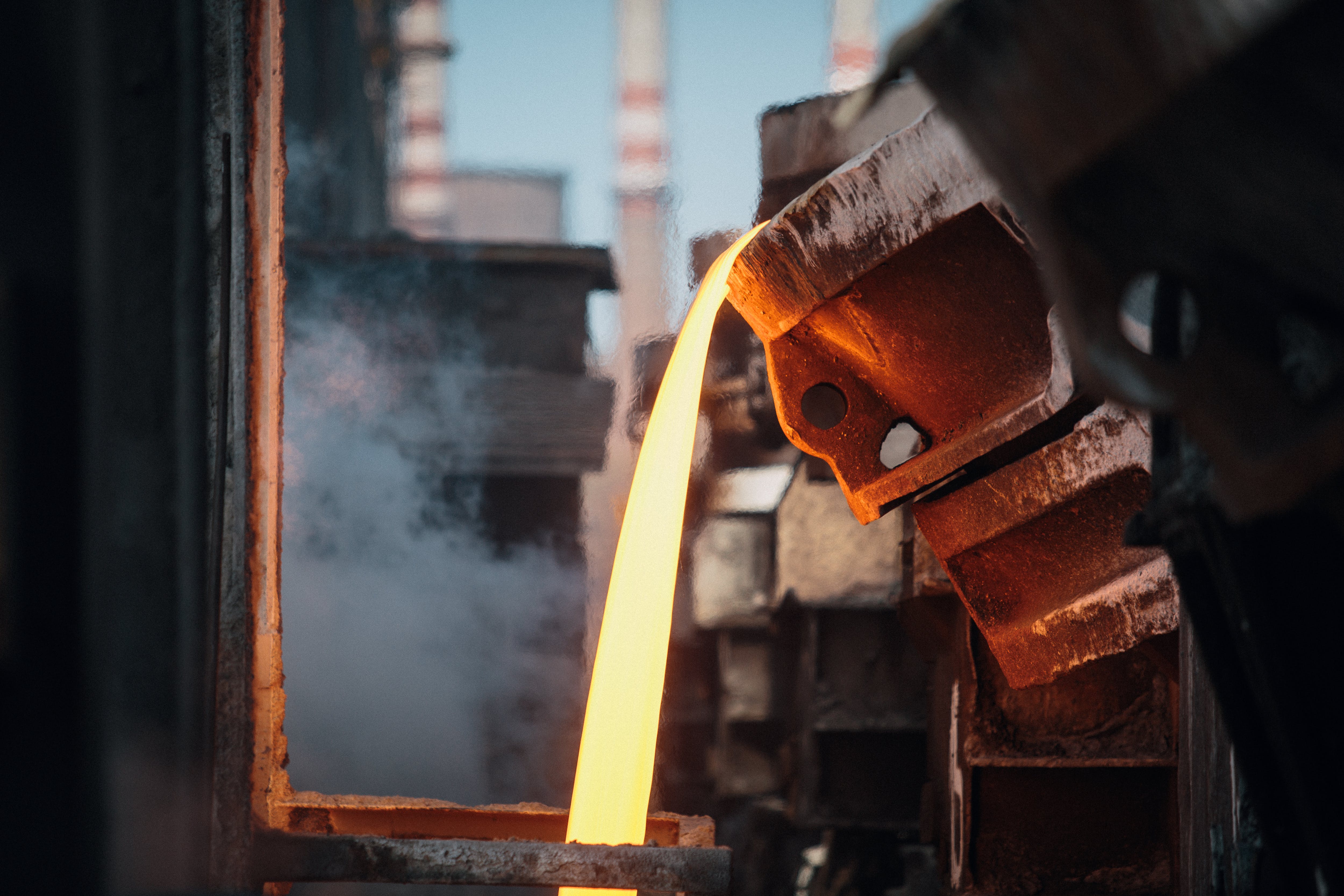

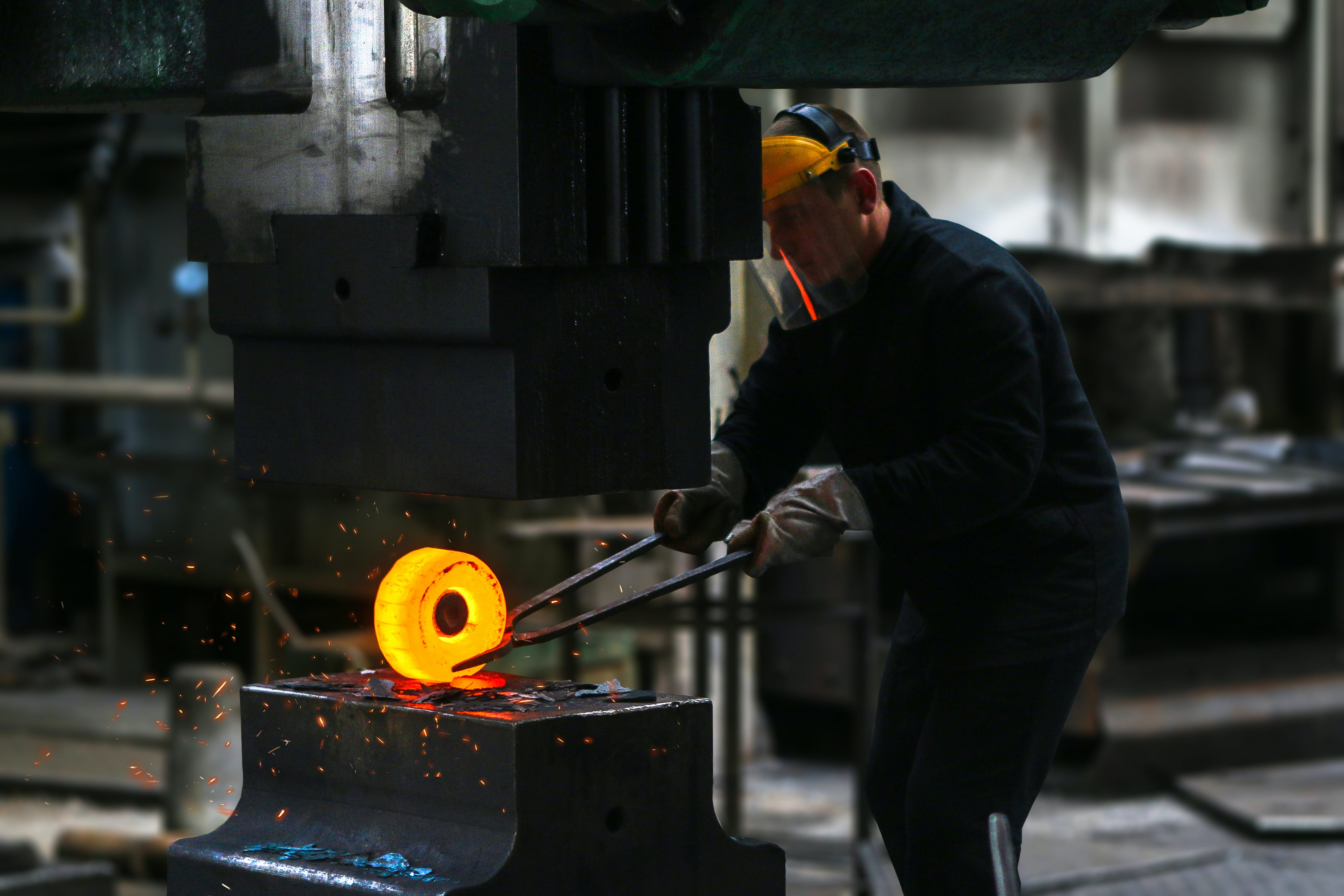
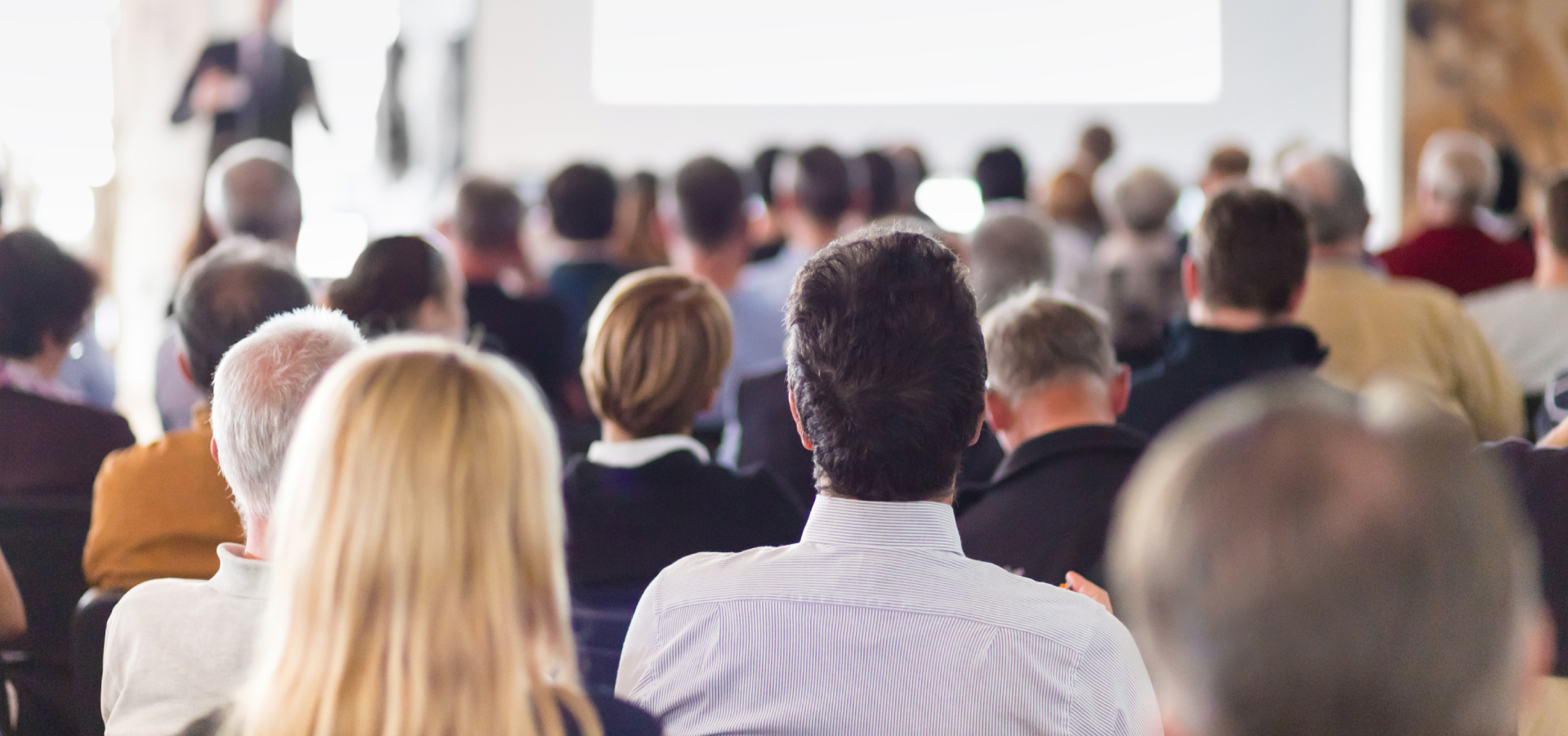
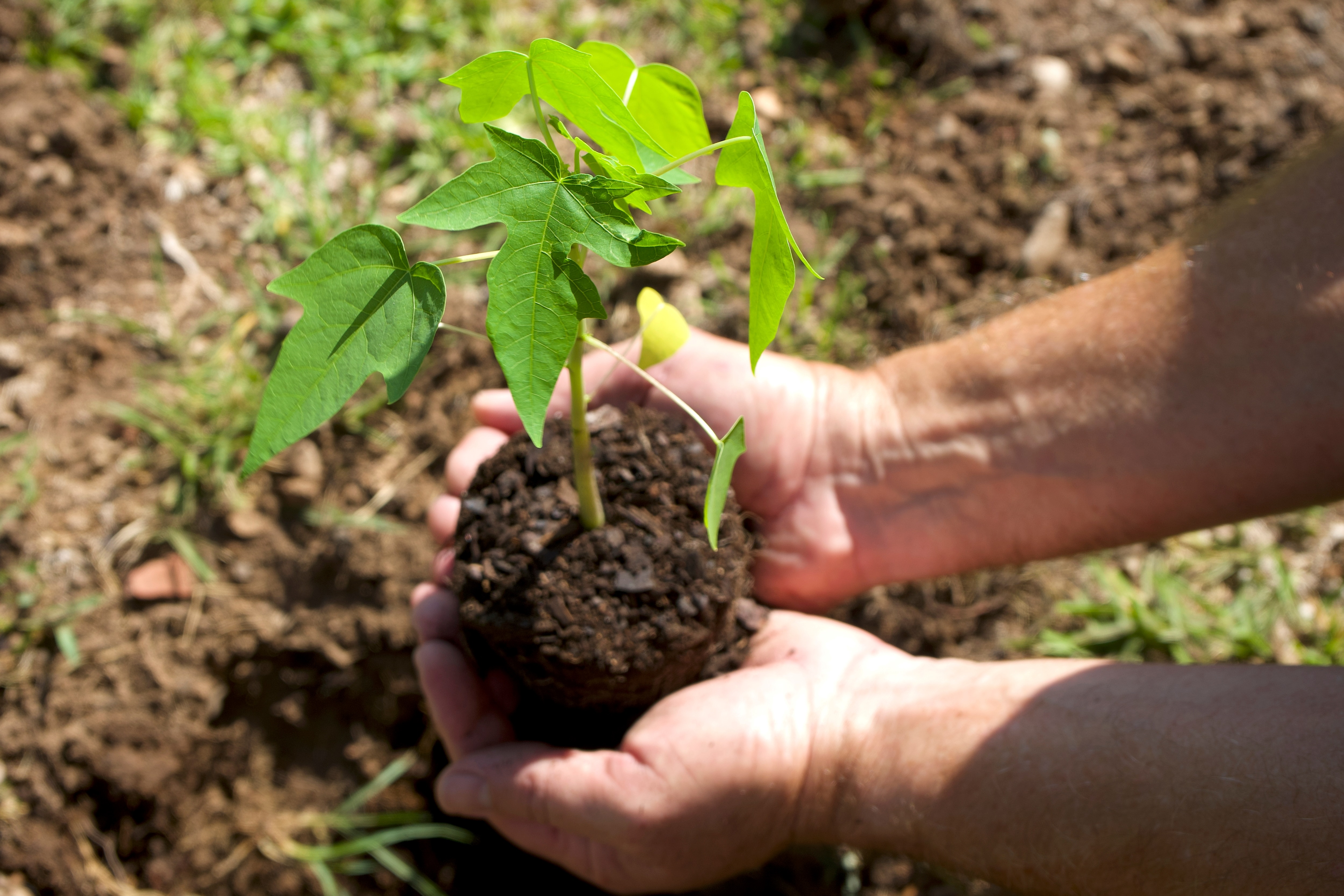
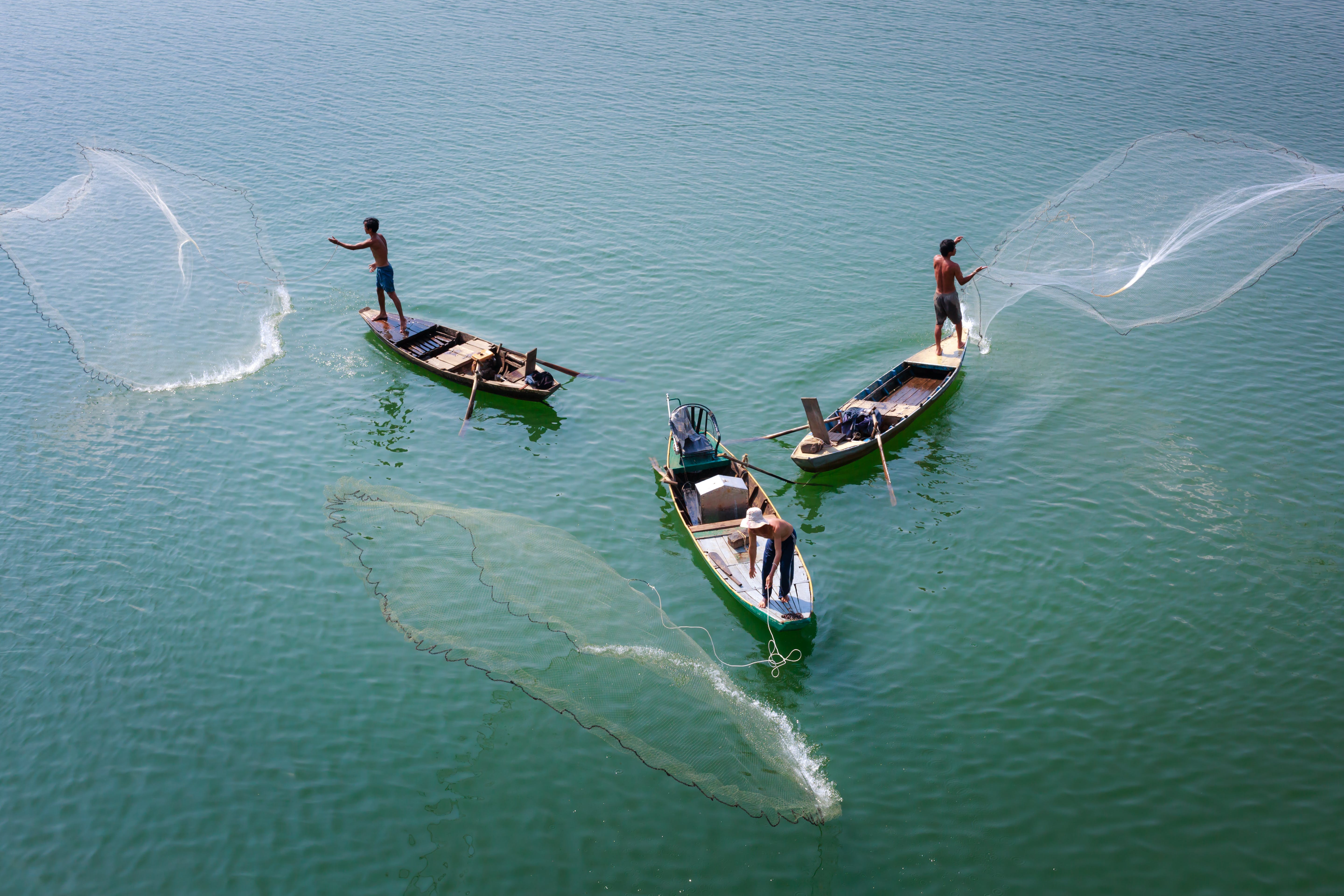
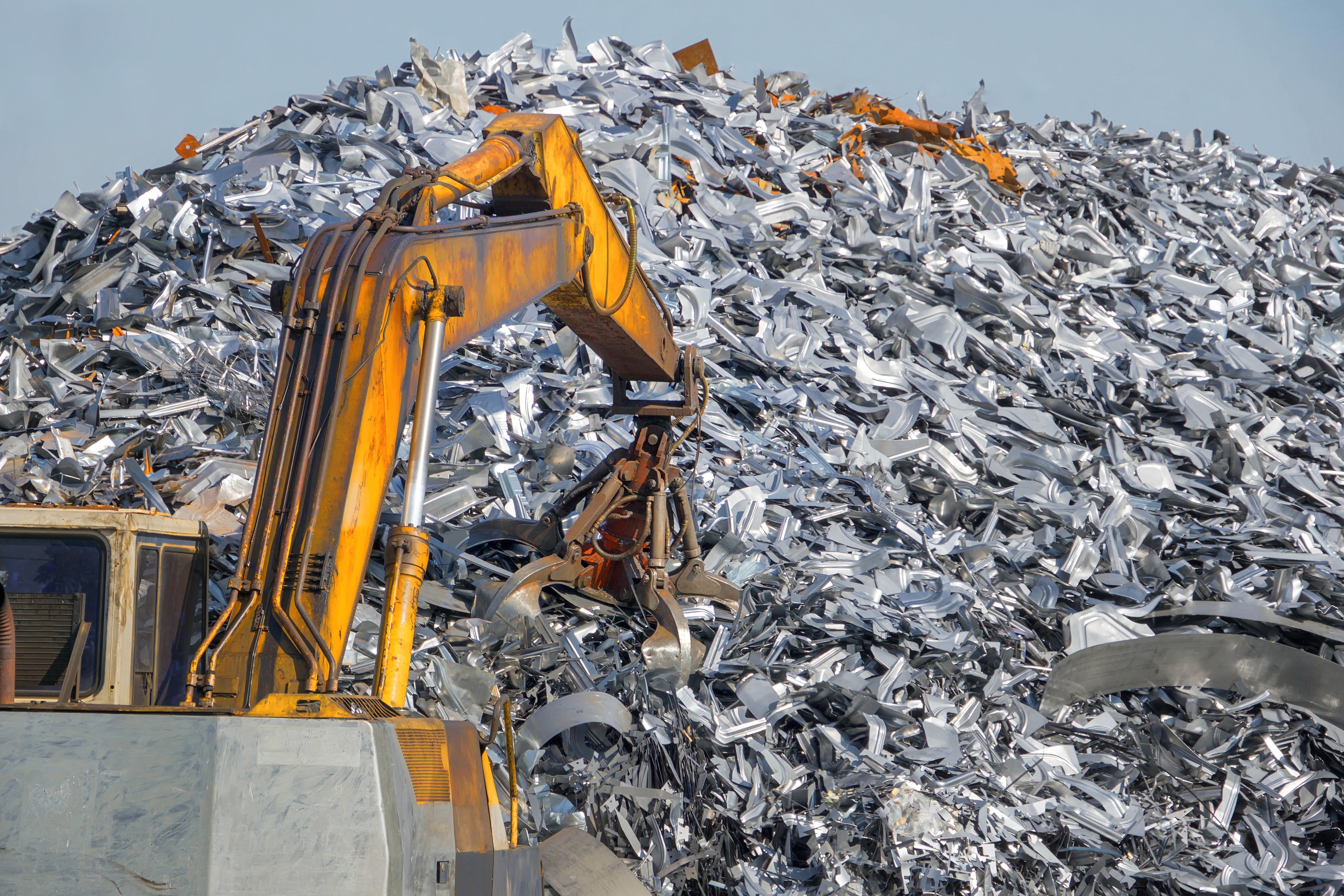
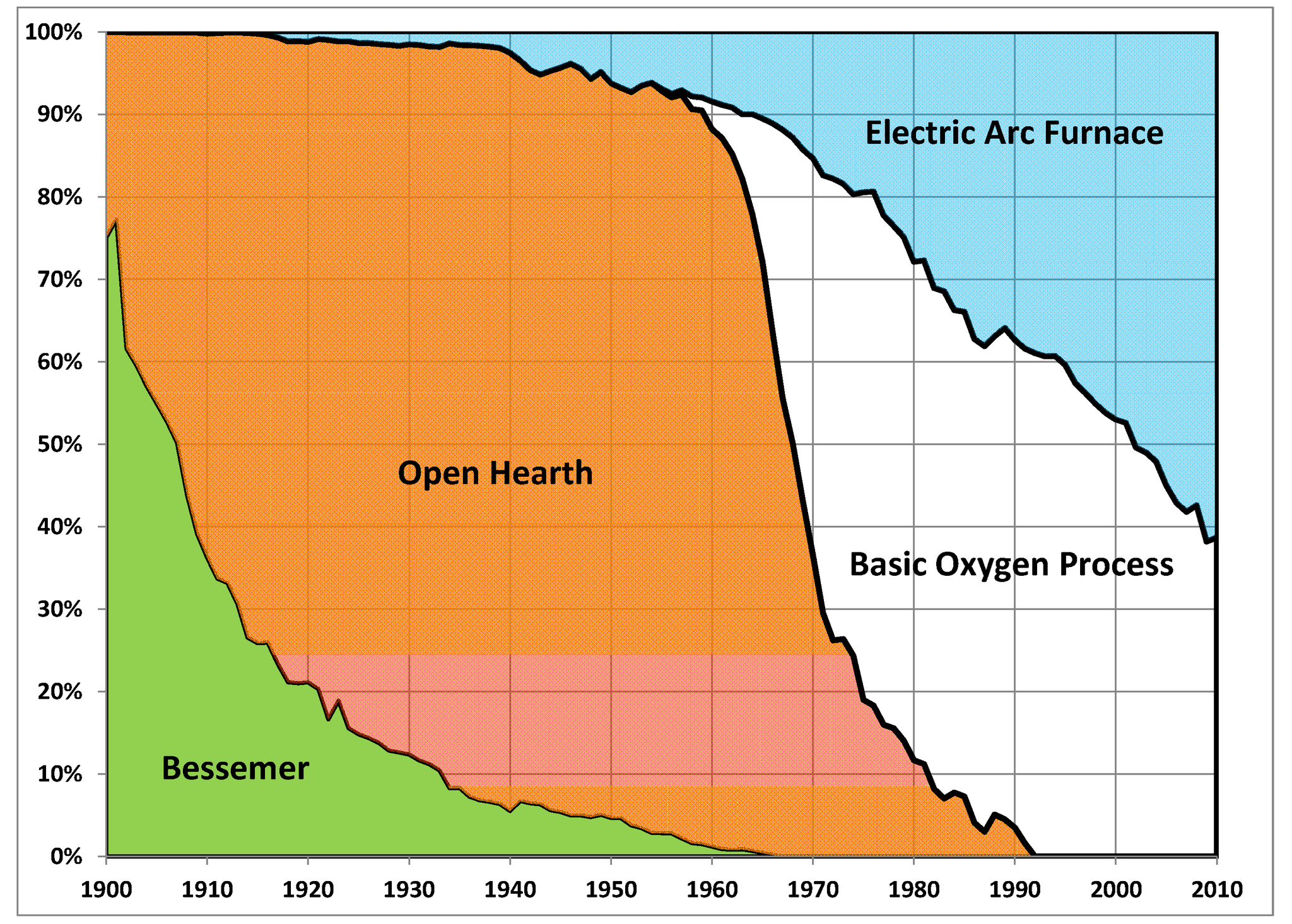
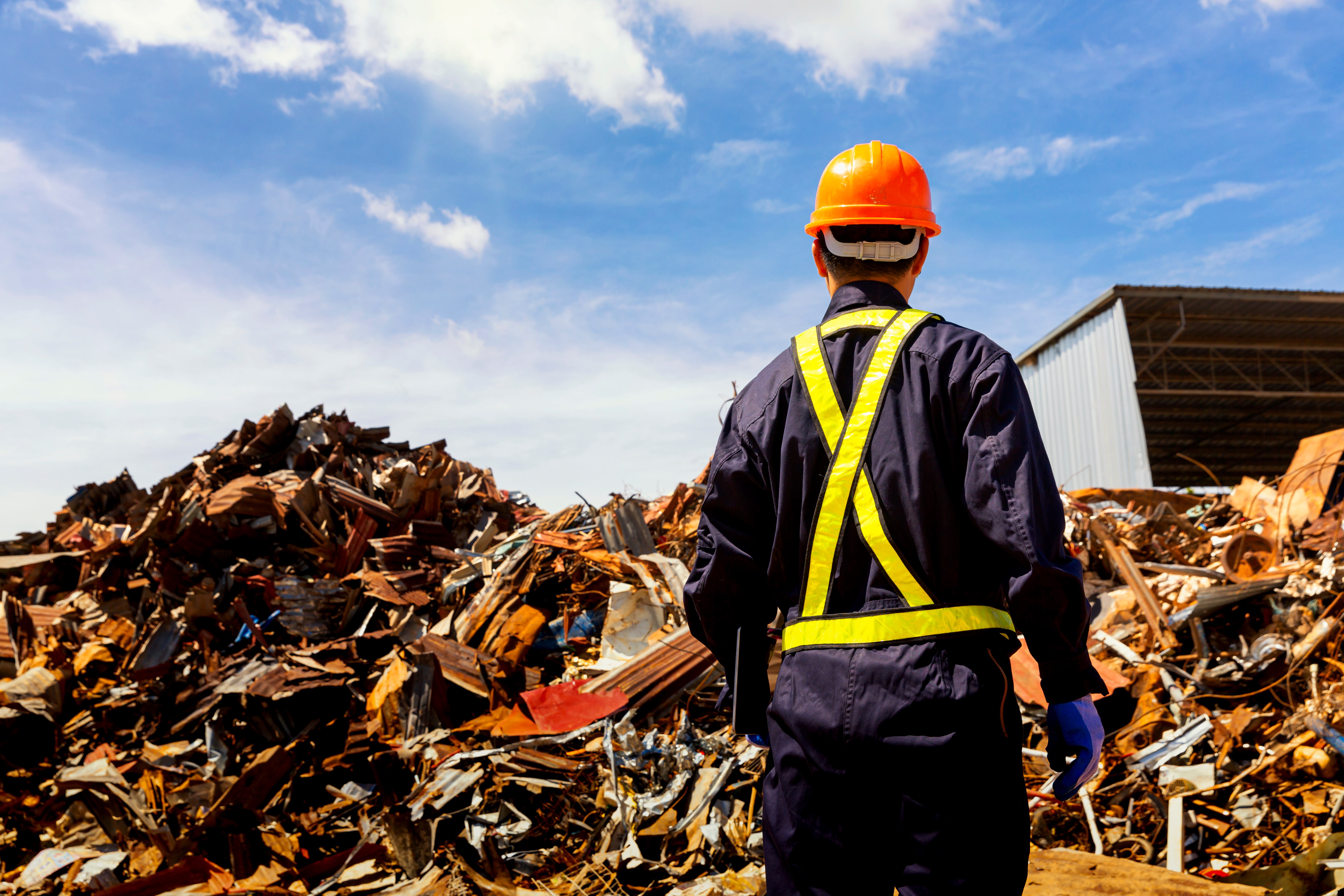
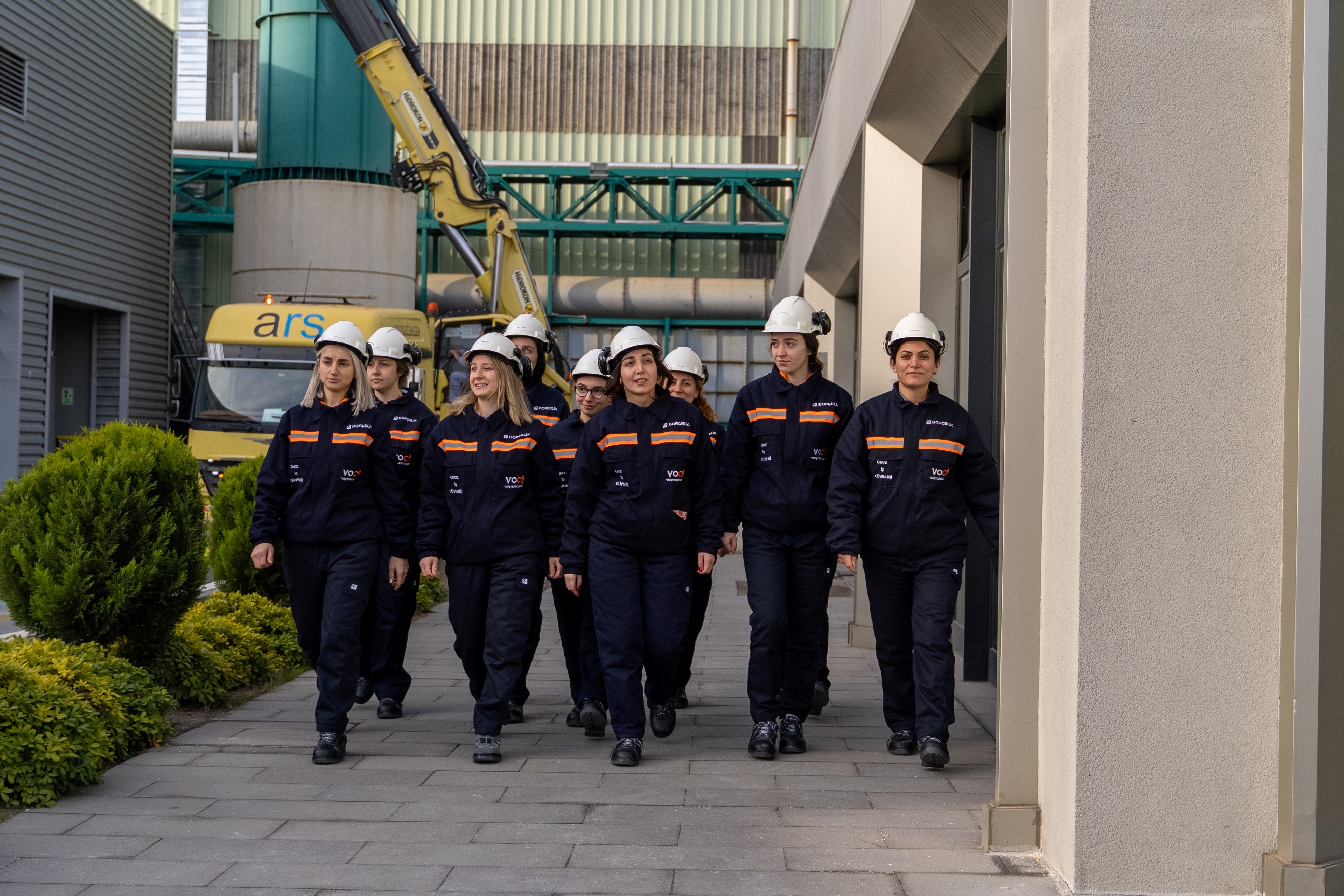
.png)
